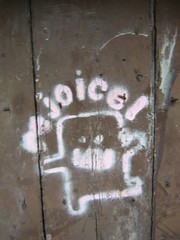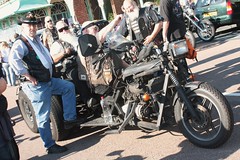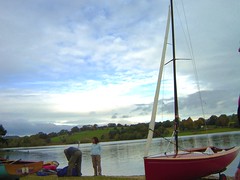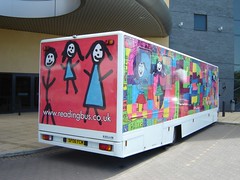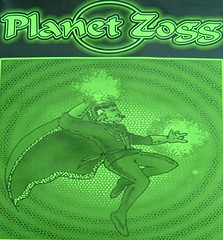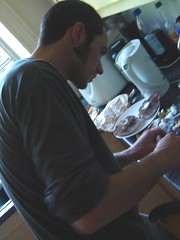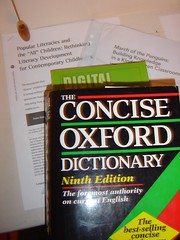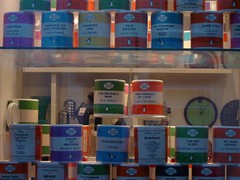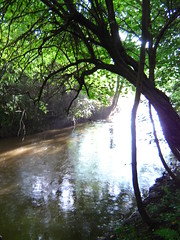 Sun, rain, water
Sun, rain, water
It seems to me to be quite daring to explain to a group of hard-boiled teachers that the course they have just joined is a loosely-bounded learning space! Just tell us what we have to do to pass and spare the academic piffle, is how imagine their inner thoughts. But because I want to maximise the possibility of participation and ownership, it seems important to be purposefully vague - to create a negotiable online, offline communicative space for reflection.
Richard, as always, acts as a sort of agent provacateur, keeping my own learning experience fresh and pleasantly frustrating. So that's how it feels starting off a new Masters group. Yesterday we played with a sandbox wiki on the theme of music. What interested me was the way in which this exercise enabled the particpants to draw on their varied cultural resources. So, for example, the students embedded YouTube clips of the Algerian
Tonbak and the Basque
Txalaparta. Richard, for his part, was in the late 6Os with the
Bonzo Dogs. Plenty of fun and plenty of incidental learning then - and a certain amount of authentic participation in a loosely- bounded learning space!
